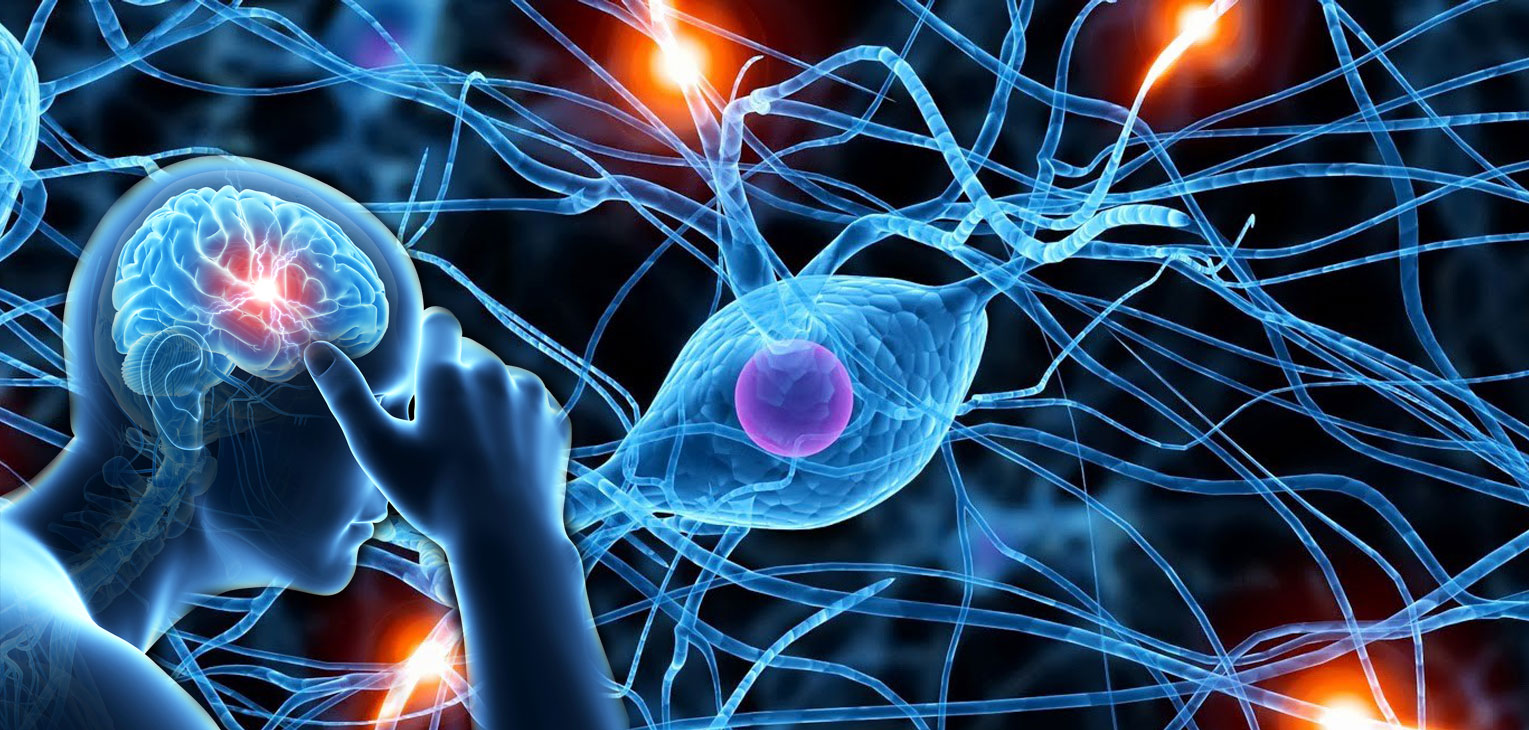You are here
Clinical Research
Program
Funding Opportunities
Resources
Personnel
Program
The NINDS extramural research program funds research at institutions throughout the U.S. and around the world. It supports clinical research through several mechanisms, including unsolicited (investigator-initiated) applications, applications for research grants in response to a published Request for Applications (RFA) or Program Announcement (PA), and proposals for contract initiatives through Request for Proposals (RFP). Applications for clinical trials are accepted only in response to targeted, clinical trial-specific initiatives, including clinical trial network initiatives as well as exploratory and phase III trial programs. Investigators are encouraged to review the application process for requirements related to clinical trials.
The mission of the NINDS Office of Clinical Research is:
- To develop new scientific initiatives to stimulate translation of ideas from basic animal research to testing the safety and early indications of efficacy through phase
sI and II clinical trials. - To promote epidemiological studies of the natural history and early markers of neurological disorders and stroke, to elucidate the causative path leading to the disorders and to stimulate the search for new treatments and prevention strategies.
- To provide oversight and serve as a resource to the Institute and to the investigators, to ensure the proper level of patient safety monitoring and to maintain the scientific integrity of clinical trials.
- To participate in the Institute's efforts to develop evidence-based clinical guidelines for physicians and patients.
- To provide expertise in statistics and clinical trial design to the Institute and to clinical investigators.
- To initiate and guide the development of phase III clinical trials to test the safety and efficacy of innovative treatments of neurological disorders and stroke.
Program directors throughout the extramural research program oversee and manage clinical studies and trials. Investigators are encouraged to contact the program director who is responsible for the disease of interest (see Personnel). Investigators are also advised to meet with NINDS staff prior to the submission of an application in order to determine the relevance of the proposed research to the NINDS mission and priorities.
Funding Opportunities
Dissemination and Implementation Research in Health (R01)
Release Date: 2016-05-10, Contact: Peter Gilbert, ScM, Robin Conwit, MD, [ (R01) PAR-16-238 ]
Dissemination and Implementation Research in Health (R21)
Release Date: 2016-05-10, Contact: Peter Gilbert, ScM, Robin Conwit, MD, [ (R21) PAR-16-236 ]
Dissemination and Implementation Research in Health (R03)
Release Date: 2016-05-10, Contact: Peter Gilbert, ScM, Robin Conwit, MD, [ (R03) PAR-16-237 ]
NeuroNEXT Clinical Trials (U01)
Release Date: 2016-03-28, Contact: Robin Conwit, M.D., [ (U01) PAR-16-155 ]
Resources
Common Data Elements, Data Sharing & Archiving
NIH Data Sharing Policy
NINDS believes data sharing is essential to expedite the translation of research results into knowledge, products and procedures to improve human health.
NINDS Common Data Elements (CDE) Project
NINDS expects the clinical research it funds to meet the highest standards of scientific rigor yet appreciates the burden that extensive data collection puts on investigators and study participants. Streamline Your Neuroscience Clinical Research using content standards that enable clinical investigators to systematically collect, analyze, and share data across the research community. NINDS strongly encourages researchers who receive funding from the Institute to ensure their data collection is compatible with these common data elements (CDEs).
Archived Clinical Research Datasets
The data from NINDS-supported clinical trials are an important scientific resource, made available to the wider scientific community, while ensuring that the confidentiality and privacy of study participants are protected. NINDS requires all investigators seeking access to data from archived NINDS-supported trials to agree to certain terms and conditions.
NINDS Networks

Neurological Emergencies Treatment Trials (NETT) Network
Phase III trials of acute injuries and illnesses affecting the brain, spinal cord and peripheral nervous system.

NeuroNEXT
Early phase clinical trials and biomarker studies preparatory to phase III clinical trials in neurological disorders.
 Stroke Trials Network (NIH StrokeNet)
Stroke Trials Network (NIH StrokeNet)
Phase III clinical trials as well as early phase trials and biomarker studies preparatory to phase III clinical trials in stroke prevention, treatment and recovery.
Personnel
| Scientific Staff | Research Area |
| Clinton B. Wright, MD, MS Director, Division of Clinical Research |
|
| Robin Conwit, MD Program Director |
NETT, Neurologic Intervention Studies, ALS, Myasthenia Gravis, Neuropathy, Emergency Research |
| Janice Cordell, RN, MPH Clinical Research Project Manager |
NeuroNEXT, Clinical Trials and Epidemiological Studies, Safety Monitoring |
| Peter Gilbert, ScM Clinical Research Project Manager |
Design, Monitoring and Analysis of Clinical Trials; Exploratory Clinical Trials; Biostatistics |
| Adam Hartman, MD Program Director |
Child Neurology and Epilepsy |
| Scott Janis, PhD Program Director |
StrokeNet, NETT, Clinical Trials in Stroke and Traumatic Brain Injury |
| Codrin Lungu, MD Program Director |
Parkinson's disease, dystonia, tremor, myoclonus |
| Carolina Mendoza-Puccini, PhD Scientific Program Specialist |
StrokeNet, Clinical Trials, and Data and Safety Monitoring Board Liaison |
| Claudia Moy, PhD, MPH Program Director |
StrokeNet, Epidemiology, Patient-centered outcomes; clinical research in stroke and other cerebrovascular disorders |
| Sara Rue, MPH Health Specialist |
|
| Joanna Vivalda, RN, MBA, CCRA Clinical Research Project Manager |
StrokeNET, Traumatic Brain Injury, Safety & Risk Assessment, Data and Safety Monitoring Board Liaison |
| Salina Waddy, MD Program Director |
Stroke, Health Disparities, Minority Health |






